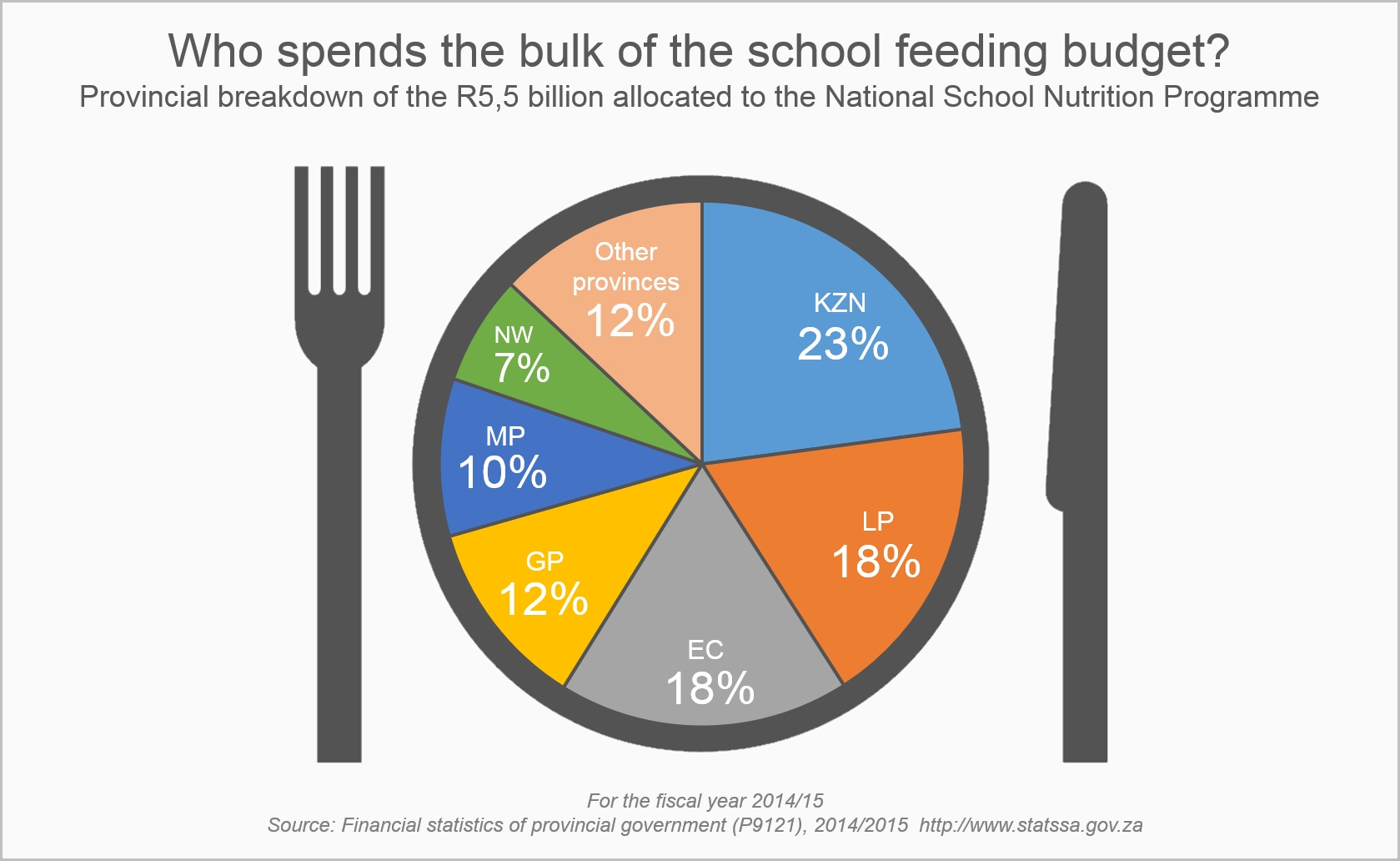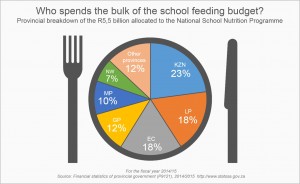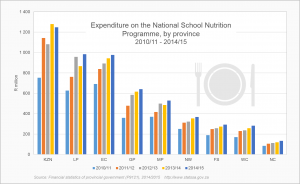
The National School Nutrition Programme (NSNP) is an initiative by the South African government aimed at providing primary and secondary school learners with nutritious meals. Implemented in underprivileged schools, the programme not only enhances learners’ nutritional intake but also contributes to their overall wellbeing and educational outcomes. In this comprehensive guide, we will delve into the various aspects of the NSNP, including its goals, eligibility criteria, meal components, rules, community involvement, and more.
Goals and Benefits of the NSNP
The NSNP aims to achieve the following goals and benefits:
- Enhancing Learning Capacity: By providing learners with a healthy meal at school, the NSNP improves punctuality, regular school attendance, concentration, and overall learning capacity.
- Promoting Good Eating Habits: Alongside nutritious meals, learners are taught to establish and maintain healthy eating and lifestyle habits for their lifelong wellbeing.
- Supporting Curriculum and Creating Healthy Schools: Nutrition Education equips educators with resource materials to support the curriculum and foster a healthy school environment.
- Food Gardens and Supplementing Meals: Schools are encouraged to establish food gardens to supplement the menu with fresh produce in line with South African Food Based Dietary Guidelines. This not only enhances nutrition but also serves as a teaching and learning resource and contributes to beautifying the environment.
Statistics
Table 1: Hunger Rates
| Year | Hunger Rate (%) | Hunger Rate for School-goers (%) |
|---|---|---|
| 2002 | 29.3 | – |
| 2013 | – | 13.0 |
| 2015 | – | – |
Table 2: NSNP Expenditure by Province
| Province | 2014/15 Expenditure (in billions of Rands) |
|---|---|
| KwaZulu-Natal | R5.5 |
| Limpopo | R5.5 |
| Eastern Cape | R5.5 |
These two tables present the provided information separately. Table 1 shows the hunger rates for the general population in 2002, the hunger rate for school-goers in 2013, and the hunger rate for the general population in 2015.
Table 2 displays the expenditure on the National School Nutrition Programme (NSNP) for the year 2014/15, highlighting the expenditure for three provinces: KwaZulu-Natal, Limpopo, and Eastern Cape.
Who Qualifies for School Feeding?
The NSNP targets students from underprivileged Primary and High schools (quintiles 1-3). Schools are selected based on the income of their students’ households. If the majority of learners come from households with limited means, the school qualifies for the NSNP. Learners are chosen based on age, grade, and additional feeding criteria. The NSNP aims to provide food for all learners for 156 out of 196 school days a year.
Who Does Not Qualify for School Feeding?
Students who live in areas where their school is too far away or not operational are excluded from the NSNP, as per the No-fee Schools and School Fee Exemption policies. Additionally, young children under six years old who are not yet attending school are not covered by the programme.
What Is Included in a School Meal?
The NSNP aims to provide students with nutrition from various food groups. The school meals typically include:
- Protein: Fish, milk, soya, eggs, beans, sour milk, and lentils are served in a variety to ensure dietary diversity. Soya should not be served to students more than twice a week.
- Fresh Fruit: Encouraged to be served daily.
- Fresh Vegetables: Encouraged to be served daily.
- Carbohydrates and Starch
- Fats/Oils and Salt: Added in moderation for flavoring, ensuring nutritious and delicious meals.
Rules of the NSNP
The NSNP operates based on the following rules:
- Learners should receive a meal on all school days, with the first meal served by 10:00.
- Breakfast should be served before school starts, and the main meal should be served at a later time.
- Learners should have access to a clean eating environment.
- Unemployed community members, selected by the School Governing Body (SGB), should be responsible for cooking the food, promoting community upliftment.
- For every 200 learners, the SGB should select one Volunteer Food Handler.
- Leftover food can be provided to needy learners to take home.
Support from Parents and Community Members
Parents and community members can support the NSNP in the following ways:
- Volunteering: Assisting with various services, maintaining and establishing school food gardens.
- Donations: Providing cooking, eating, and gardening equipment, detergents, First Aid Kits, and protective gear.
- Printing Nutrition Messages: Creating posters, pamphlets, and sold products with important nutrition messages.
- Encouraging School Meals: Allowing children to eat at school and attending meetings to learn about fund utilization.
Student Choice and Allergies
Students have the option to choose whether or not to have the food provided by the NSNP. However, if noticeable hunger is observed, an investigation should be initiated to address any underlying problems. If a learner has allergies to specific food items, parents should notify the school, which should aim to accommodate the learner’s needs and provide an appropriate meal.
The Role of Gardens in the NSNP
Schools participating in the NSNP are encouraged to create food gardens to educate learners about agriculture and supplement their meals with fresh produce. Fruits and vegetables grown in these gardens not only contribute to nutrition but also enhance the beauty of the school environment.
Complaint Lodging for the NSNP
If any unethical behavior is suspected within the NSNP, the school should be notified initially. If no action is taken, the district office can be contacted directly, or the Department’s toll-free number (0800 20 29 33) can be called to report concerns.
Conclusion
The National School Nutrition Programme (NSNP) plays a vital role in improving learners’ wellbeing and education through the provision of nutritious meals. By targeting underprivileged schools, the programme aims to enhance learning capacity, promote healthy eating habits, and create a supportive environment. Through food gardens, community involvement, and adherence to rules, the NSNP contributes to the overall development and future food security of learners. As a collaborative effort, the NSNP requires support from parents, community members, and volunteers to ensure its success in nourishing South Africa’s young generation.
Was this helpful?
0 / 0
#National Government #News & Updates #NSNP

